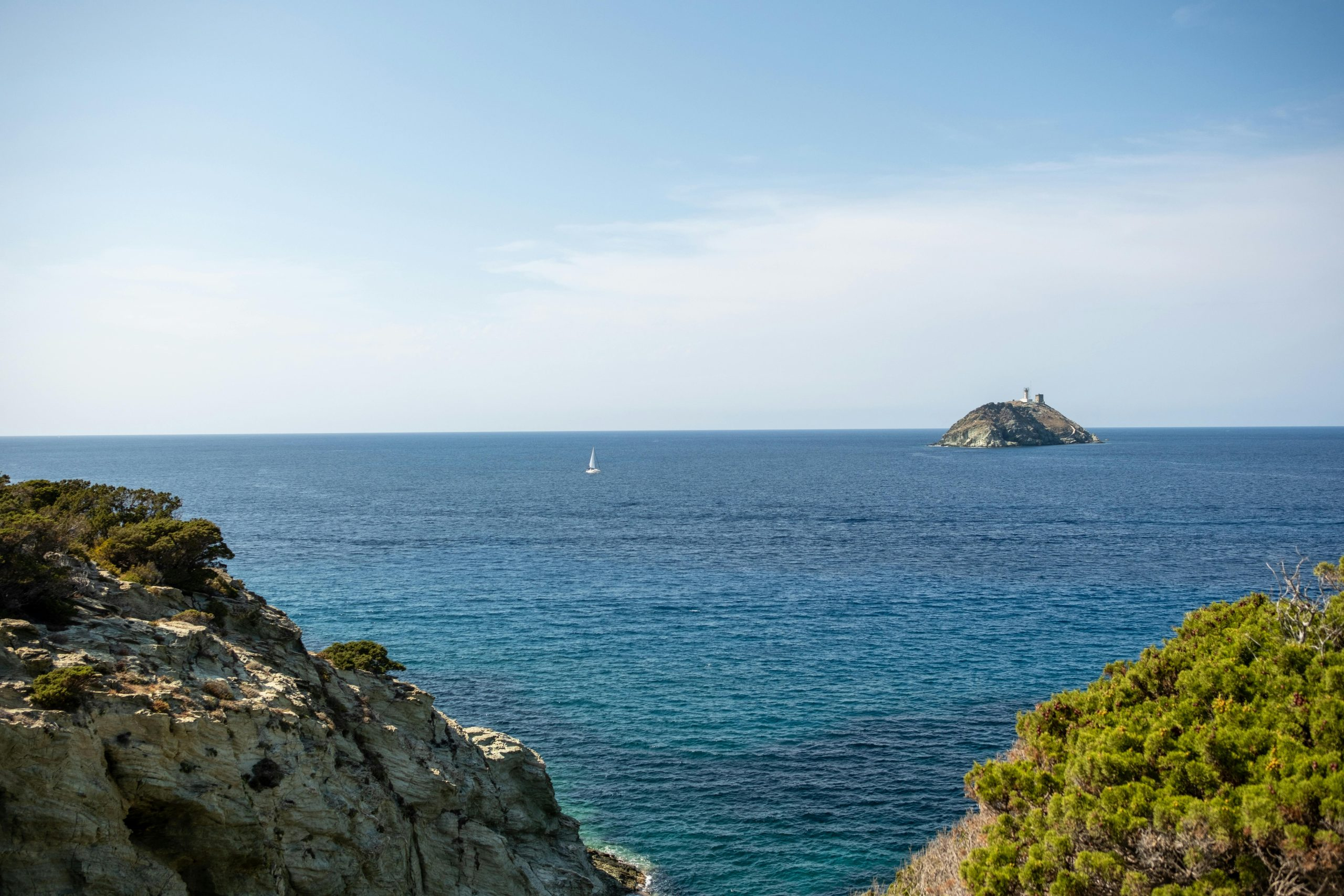Sustainable Island Tourism: Protecting Fragile Coastal Ecosystems
Sustainable tourism, also known as eco-tourism, is a growing trend in today’s travel industry. It focuses on promoting responsible and ethical travel practices, while also promoting the protection and preservation of natural resources and local communities. One area where sustainable tourism has a significant impact is on island destinations, where fragile coastal ecosystems are at risk due to the effects of mass tourism. In this article, we will explore the concept of sustainable island tourism and its role in protecting these delicate coastal ecosystems.
The Importance of Sustainable Island Tourism
Islands are often considered as idyllic vacation destinations, with their pristine beaches, clear blue waters, and lush green landscapes. However, mass tourism has taken a toll on these fragile ecosystems, leading to issues such as pollution, overcrowding, and destruction of natural habitats.
Sustainable island tourism aims to address these issues by promoting sustainable practices that benefit both the environment and the local communities. It involves balancing the needs of tourists with the need for the protection and preservation of these beautiful but vulnerable destinations.
Protecting Marine Life
One of the primary focuses of sustainable island tourism is on protecting the marine life in and around these islands. Excessive fishing, illegal poaching, and destructive fishing practices can cause irreversible damage to coral reefs and other marine habitats. As coral reefs are vital for maintaining marine biodiversity, their destruction can have a detrimental effect on the entire ecosystem.
To combat this, sustainable island tourism promotes responsible diving and snorkeling practices that minimize damage to coral reefs and marine life. It also supports local conservation efforts and promotes eco-friendly alternatives, such as sustainable seafood options, to reduce the negative impact of fishing on the environment.
Preserving Natural Landscapes
Island destinations often have unique and delicate ecosystems, with many rare and endangered species calling these places home. The influx of tourists can lead to the destruction of natural habitats, as well as the introduction of invasive species that disrupt the balance of these fragile ecosystems.
Sustainable island tourism promotes responsible practices such as sustainable hiking and camping, avoiding littering, and respecting wildlife. It also supports the protection and restoration of these natural landscapes through measures such as reforestation projects and the establishment of protected areas.
Empowering Local Communities
Sustainable island tourism not only focuses on protecting the natural environment but also on empowering and benefiting the local communities. Many island economies rely heavily on tourism, and mass tourism can lead to issues such as over-dependence and exploitation of resources, as well as cultural degradation.
Through sustainable tourism practices, local communities are involved in decision-making and benefit from the economic opportunities that come with responsible tourism. This includes promoting authentic cultural experiences, supporting local businesses, and investing in community-led initiatives that can help preserve and promote their traditional way of life.
Challenges and Solutions
Despite its many benefits, sustainable island tourism still faces its fair share of challenges. One significant issue is the lack of awareness and understanding of sustainability among tourists, which can lead to unintentional but harmful actions. There is also the challenge of balancing the needs of the tourism industry with the need for conservation and preservation.
To overcome these challenges, education and awareness campaigns are essential. Tour operators and hospitality businesses also have a crucial role to play in implementing sustainable practices and promoting responsible tourism. Governments and local authorities can also develop and enforce regulations and policies that support sustainable tourism while also addressing issues such as infrastructure and waste management.
The Future of Sustainable Island Tourism
Sustainable island tourism is not just a trend but a necessity for the long-term survival and prosperity of these fragile island destinations. As travelers become more conscious of their impact on the environment, there has been a rise in sustainable tourism initiatives, such as eco-tourism certifications and responsible travel campaigns.
The future of sustainable island tourism relies on the collective efforts of tourists, businesses, and governments to drive positive change and promote sustainable practices in these delicate ecosystems. By choosing responsible and ethical travel options, we can all play a part in protecting these beautiful island destinations for future generations to enjoy.
Conclusion
Sustainable island tourism is not just about traveling responsibly, but it also serves as a means to protect and preserve the natural beauty and resources of these vulnerable destinations. By promoting conservation and empowering local communities, we can ensure that these island paradises continue to thrive and remain a source of wonder and inspiration for generations to come.










